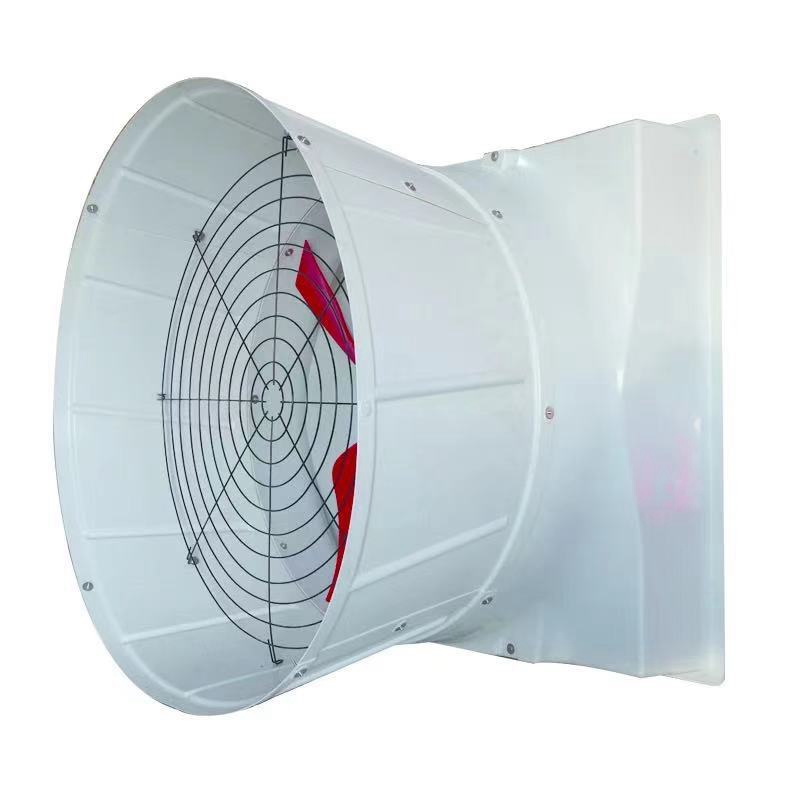feed mixer scales
Sep . 22, 2024 04:48 Back to list
feed mixer scales
Understanding Feed Mixer Scales Essential Tools for Precision in Animal Nutrition
In the livestock and poultry industries, the efficient mixing of feed is crucial for the health and productivity of animals. Feed mixer scales are specialized devices that play a vital role in this process. These scales ensure that the right proportions of ingredients are used, facilitating optimal nutritional outcomes for different types of livestock.
Importance of Accurate Measurements
Accurate measurements are the backbone of effective feed formulation. Each type of animal has specific nutritional requirements based on its age, weight, and purpose (such as growth, reproduction, or lactation). By employing feed mixer scales, farmers and feed manufacturers can precisely quantify the various components of animal feed, including grains, protein sources, vitamins, and minerals. This precision also minimizes waste and reduces costs associated with over-formulating.
Types of Feed Mixer Scales
Feed mixer scales come in several varieties, tailored to different mixing processes and batch sizes
. The most common types include1. Platform Scales These scales are used to weigh large batches of ingredients before they are added to the mixer. They offer a wide weighing platform and high capacity, making them ideal for bulk materials.
2. Inline Scales These are integrated directly into the feed mixer and can weigh ingredients as they are being dispensed into the mixing chamber. This allows for real-time adjustments and ensures that the final mix is accurate.
feed mixer scales

3. Batch Scales These scales are specifically designed to weigh out predetermined amounts of each ingredient for a complete batch of feed. They are essential for ensuring consistency in feed production.
4. Load Cells This technology uses sensors to measure weight accurately. Load cells can be integrated into most mixing systems, providing real-time data to improve the feeding process.
Benefits of Using Feed Mixer Scales
The implementation of feed mixer scales brings several benefits to producers. First and foremost, they enhance the accuracy and consistency of feed formulations. By ensuring that the correct amounts of nutrients are included in each batch, farmers can improve the overall health of their livestock, leading to better growth rates and higher milk production, for example.
Additionally, these scales reduce the risk of ingredient imbalances, which can lead to health problems in animals, such as nutritional deficiencies or toxicities. Moreover, using scales can help farmers comply with regulatory standards regarding animal feed safety and quality.
Another significant advantage is increased efficiency in the mixing process. By automating measurements, feed mixer scales speed up the production line and free up labor for other essential tasks on the farm.
Conclusion
In conclusion, feed mixer scales are indispensable tools in the livestock industry. They not only ensure the accurate measurement of feed ingredients but also contribute to the overall efficiency and effectiveness of animal nutrition programs. As the demand for high-quality animal products continues to grow, the use of advanced technologies such as feed mixer scales will undoubtedly play a pivotal role in helping producers meet these standards while maintaining animal health and welfare. Embracing these tools is a step toward a more sustainable and productive agricultural future.
-
Automatic Feeding Line System-Pan Feeder Nipple Drinker|Anping County Yize Metal Products Co., Ltd.
NewsJul.29,2025
-
Hot Sale 24 & 18 Door Rabbit Cages - Premium Breeding Solutions
NewsJul.25,2025
-
Automatic Feeding Line System Pan Feeder Nipple Drinker - Anping County Yize Metal Products Co., Ltd.
NewsJul.21,2025
-
Automatic Feeding Line System Pan Feeder Nipple Drinker - Anping County Yize Metal Products Co., Ltd.
NewsJul.21,2025
-
Automatic Feeding Line System - Anping Yize | Precision & Nipple
NewsJul.21,2025
-
Automatic Feeding Line System - Anping Yize | Precision & Nipple
NewsJul.21,2025






